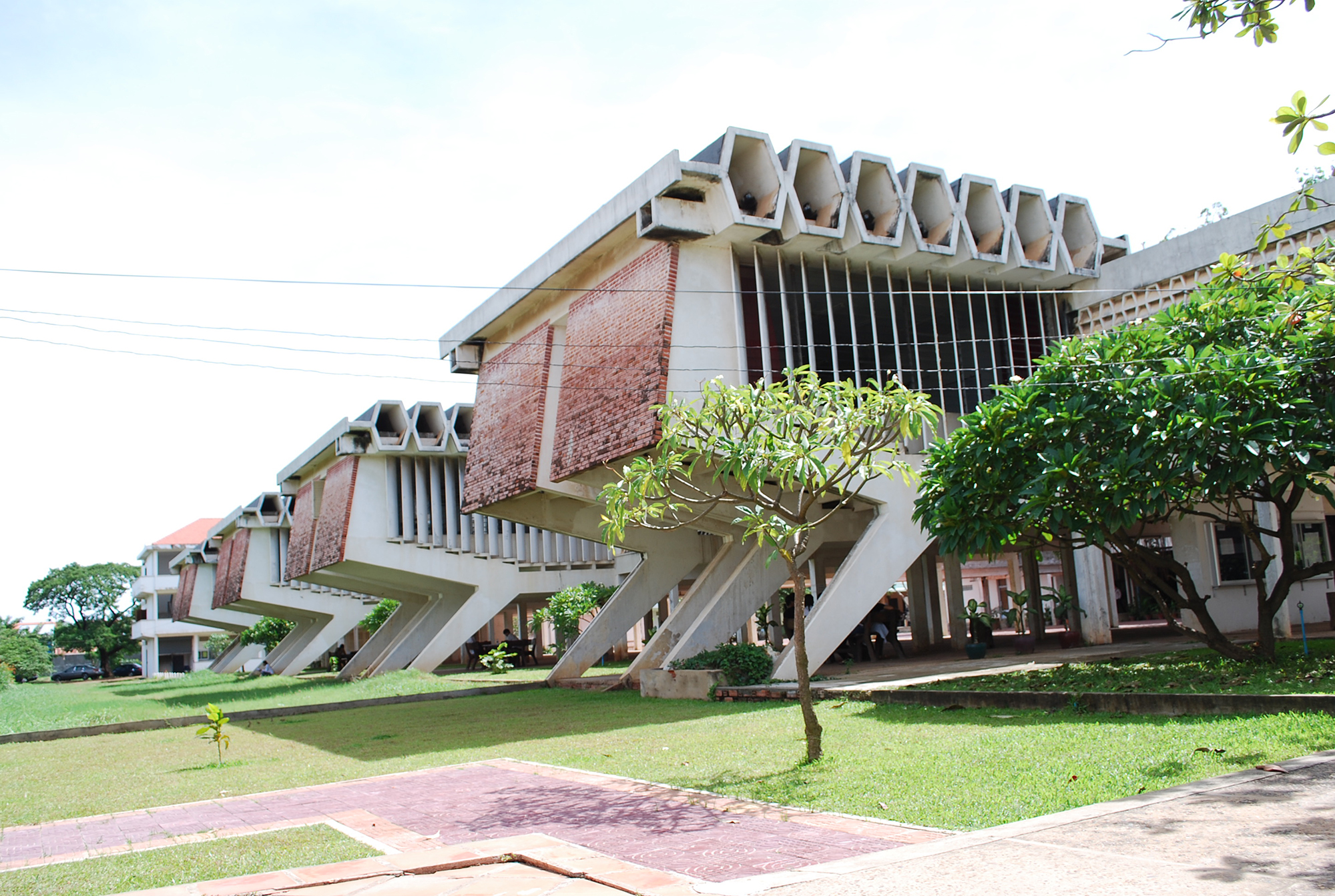Land Privatization and Affordable Housing in Cambodia
The document titled “Ending Land Privatization and Supporting Affordable and Secure Housing in Cambodia” by Bruno Friedel explores the complex relationship between land privatization, housing affordability, and social equity in Cambodia. It critically examines the consequences of land privatization on low-income communities and proposes alternative strategies to enhance housing security and affordability.
Background
Cambodia’s rapid urbanization and economic growth have led to significant changes in land use and ownership. Since the 1990s, land privatization has accelerated, resulting in the commodification of land that primarily benefits wealthy developers. This shift has exacerbated inequalities, with many low-income families facing eviction and displacement as high-end developments replace affordable housing. The document highlights that between 1990 and 2016, over 29,700 families were evicted due to urban redevelopment projects.
Impacts of Land Privatization
The document outlines several detrimental impacts of land privatization:
- Evictions and Displacement: Many low-income families have been forcibly removed from their homes to make way for luxury developments, leading to a crisis of housing security.
- Rising Land Prices: The increasing value of land has made it increasingly unaffordable for low- and middle-income households to secure stable housing. This trend is driven by speculative investments that prioritize profit over community needs.
- Inadequate Affordable Housing: While the Cambodian government has introduced policies aimed at promoting affordable housing, these efforts have largely failed to meet the actual needs of low-income families. Developers are incentivized to build high-end properties rather than affordable units.
Current Housing Market Dynamics
The document discusses the current dynamics of Cambodia’s housing market, where only a small fraction of new constructions are genuinely affordable. In 2019, only 8,331 affordable homes were built, which is insufficient given the estimated demand for 1.5 million new homes by 2030. The government has attempted to encourage affordable housing through tax breaks and expedited approval processes for developers; however, these measures have not resulted in meaningful improvements for low-income households.
Proposed Solutions
Friedel advocates for a paradigm shift in how land is perceived and managed in Cambodia:
- Community Land Ownership: The document proposes moving away from viewing land as a commodity towards supporting communal ownership models. This approach would empower communities to manage their land collectively, reducing vulnerability to market fluctuations and speculative development.
- Regulatory Reforms: Implementing stronger regulations to protect tenants’ rights and prevent unjust evictions is crucial. This includes creating policies that prioritize affordable housing development over luxury projects.
- Public Investment in Affordable Housing: Increased government investment in affordable housing initiatives is essential to meet the needs of low-income populations effectively. This can include direct funding for construction or subsidies for low-income renters.
- Supportive Infrastructure Development: Alongside housing, there is a need for infrastructure improvements that facilitate access to essential services such as education, healthcare, and transportation for marginalized communities.
Conclusion
The document concludes that addressing the challenges posed by land privatization requires a comprehensive approach that prioritizes community needs over profit-driven development. By supporting communal land ownership and implementing effective regulatory frameworks, Cambodia can create a more equitable housing landscape that ensures secure and affordable living conditions for all citizens. Friedel emphasizes that without significant changes in policy and practice, the ongoing trend of displacement and inequality will continue to undermine social stability in urban areas.In summary, Friedel’s analysis highlights the urgent need for reforms in Cambodia’s housing sector to combat the negative effects of land privatization while promoting sustainable and inclusive urban development strategies that benefit all residents.

Further reading:
Land Privatization and Affordable Housing in Cambodia – Rosa-Luxemburg-Stiftung
Forgotten lessons from Vann Molyvann and the New Khmer … assemblepapers.com
[PDF] Phnom Penh meiji.ac

